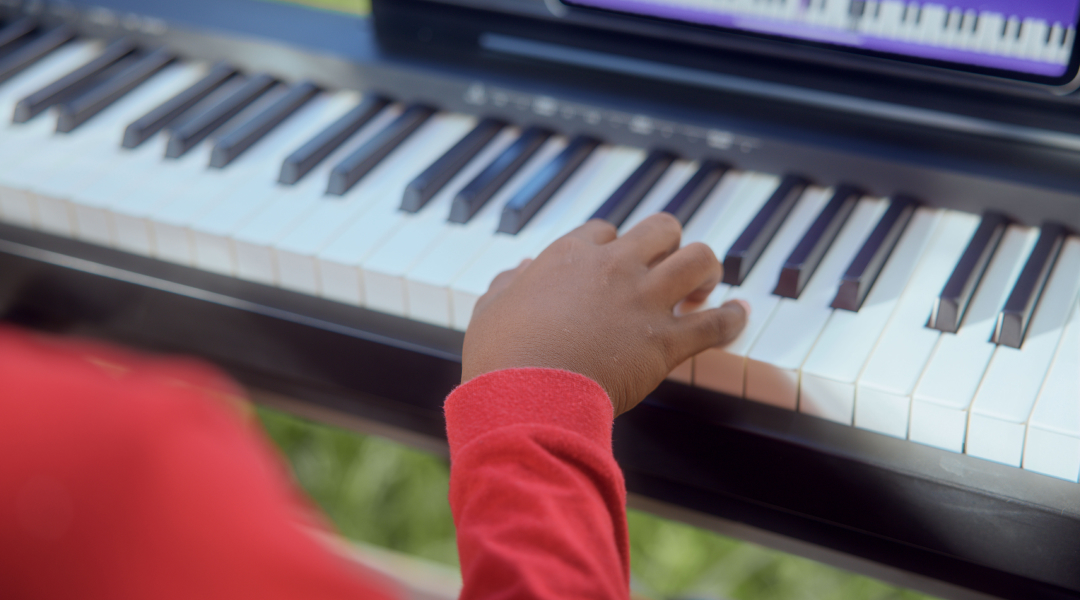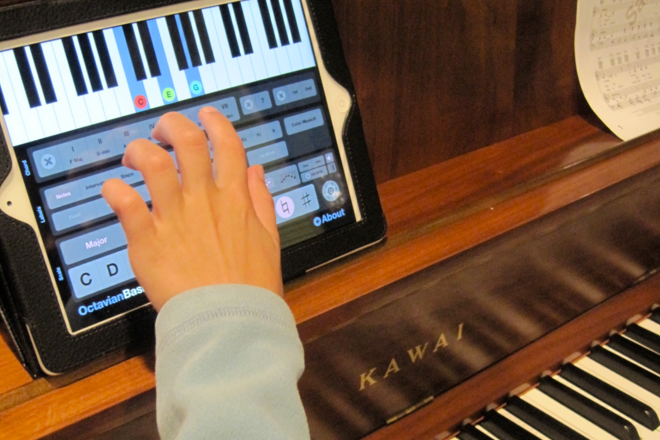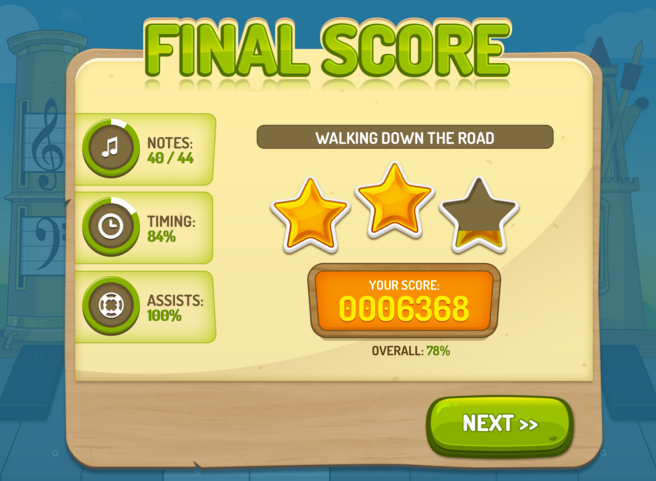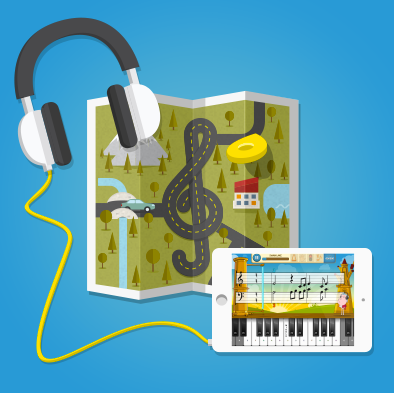This Is Why Playing An Instrument Makes You Smarter
“If I were not a physicist, I would probably be a musician. I often think in music. I live my daydreams in music.” – Albert Einstein.
Whether it’s due to parents bugging their kids to practice or just sheer laziness, thousands of youngsters quit music lessons before they’ve really given them a fair shot, and, sadly, thousands more never even start. But did you know that playing an instrument can make you smarter? It’s never too late to visit (or revisit) the art of music-making. It’s time to increase that brain power!
The Whole is Greater than the Sum of its Parts
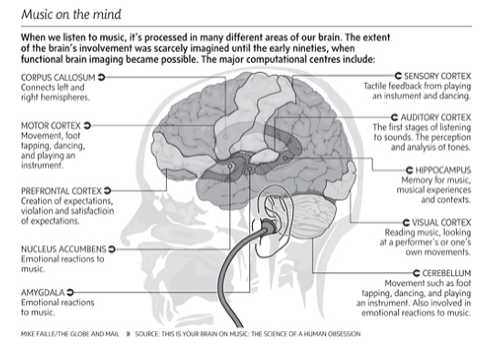
Looks pretty complicated, doesn’t it? Music involves many different areas of the brain, strengthening, reinforcing, and expanding various cranial processes for better all around results. For example:
- The motor cortex controls your movements, such as playing an instrument, dancing, and strumming a beat.
- The corpus callosum connects both hemispheres of the brain, a requirement when playing the piano or other two-handed instruments in particular.
- The sensory cortex controls tactile feedback given off when dancing or creating music.
- All of the above, in addition to the prefrontal cortex, nucleus accumbens, amygdala, auditory cortex, hippocampus, visual cortex, and cerebellum, create a harmony of brain waves that synthesize beautifully for the most optimal brain usage possible.
So when you play music, you are using so many different parts of the brain, you’re actually forcing it to work more efficiently.
Pretty amazing, huh? Below are even more brain benefits you’ll receive from playing your favorite tunes.
Spatial Skills
Music gears up the brain optimally for spatial coordination. This is helpful when executing tasks such as problem solving, arranging items, connecting pieces, or doing puzzles. Spatial reasoning travels on the same brain waves as classical music, so listening to this genre in particular can put your brain in the mood for thinking in this manner. While listening to a nice piece from Bach will have limited results, learning to play an instrument can increase your spatial coordination by as much as 30% depending on the longevity of the lessons.
Auditory Processing
Musicians are clearly documented to have better auditory processing skills, including auditory attention (being able to distinguish sounds more easily) and auditory memory (the ability to remember things that were heard). This is one of the most valuable ways music can increase your brainpower. These same skills can be used towards studying materials for tests, remembering important information, and improving verbal recall.
Motor Skills
Learning to read music also has its advantages. The younger you begin, the better, as children who’ve read music from a young age have shown better visual and motor skills and the constant repetition of the same motor skills develop more independent learning patterns as children grown. But these benefits can be seen in adult learners as well (and as always, the more you practice, the more enhanced these visual and motor skills will become).
Did you know that…
- …playing two-handed instruments such as the piano or the violin stimulate the cross-neurological development and produce the best results?
- …the longer you persist with music lessons, the greater the results you’ll see?
- …singing while you play an instrument helps you learn faster and retain more? When you add words to the music, you are actually creating more pathways to that piece of information, so retrieving the data later on will be easier for the brain.
- …listening or playing upbeat music improves mood by releasing dopamine, also known as “the happy hormone”? And while happiness on its own is always a good thing, when we are happier, our brains are also more receptive to new and different ideas, promoting better work habits and greater results.
Musical brains are consistently more symmetrical than non-musical brains. Want to be the brainiac in your social circles? Get busy learning to play piano or another instrument, and get music on the brain.






